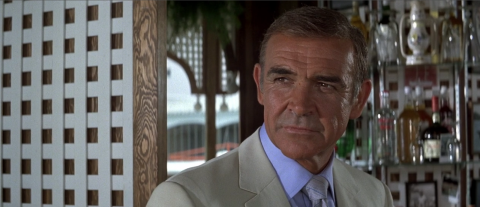The existence of these turnaround precedents does give us hope that a turnaround is indeed possible for teams in the Mariners' position.
My problems in putting too much stock in that hope are:
(1) I imagine if you took the whole pool of teams in the Mariners' position, not just the ones that turned around their seasons, the percentages would significantly dim the spark of hope.
(2) If we look just at the Mariners, we do see the one example you pointed out. It gives hope that even this ill-fated franchise can have magical seasons (1995, 2001). But in those seasons we had Lou Piniella in the manager's seat. I do not argue that Lou Piniella is the only manager that ever CAN lead the M's into the playoffs. That would be a case of begging the whole question. But the fact remains that Sweet Lou IS the only manager that HAS ever led the M's into the playoffs. He left a frustrated man in part because as he later stated, "Howard Lincoln doesn't know HOW to win." However difficult it is to pin down, there does appear to be something in the brooding presence of Howard Lincoln that has mired in failure all attempts to build a team that actually reaches the playoffs, not to mention one that has success once there.
(3) We've been down this road of maintaining hope so many, many (did I say many?) times only to have it prove a false hope, it's like the boy who cried "Wolf!" Everyone knows theoretically there is hope. But the more it is invoked without it actually materializing it becomes harder and harder for people to actually respond to it. I have to admit that's the way that I feel these days. Of course, we all know how the "Wolf" story turned out, one day the wolf actually did show up. In the fable, it was a tragic calamity. For us it would be a delirious joy-- if we can live so long that the odds actually come into play, and if somehow the foggy influence of the Lincoln Monument is cleared.
